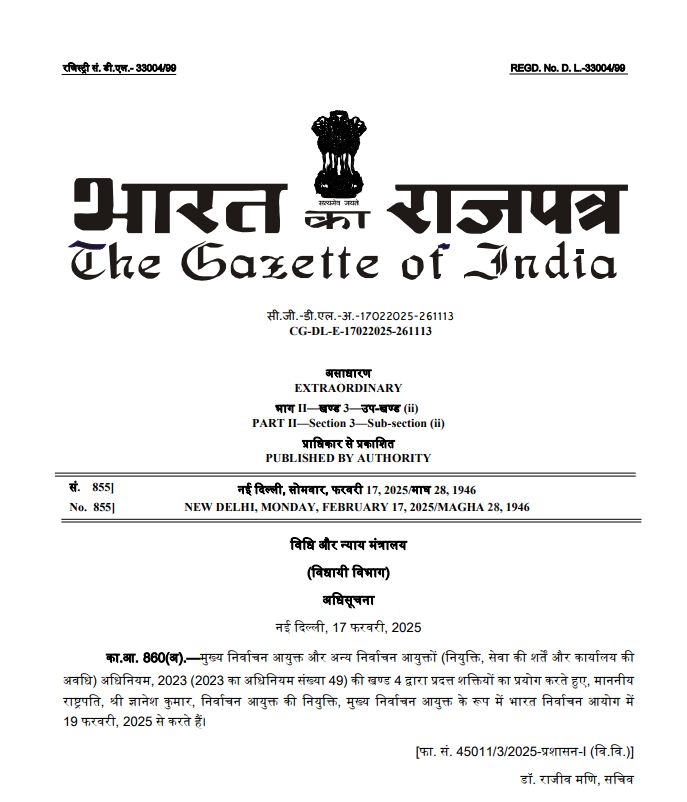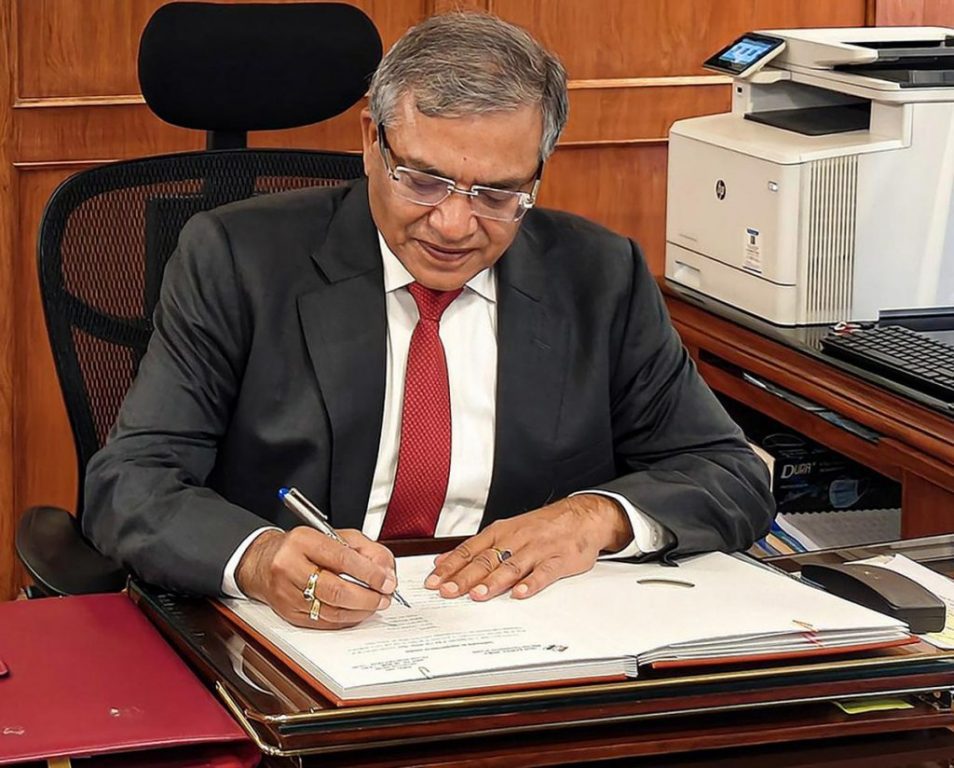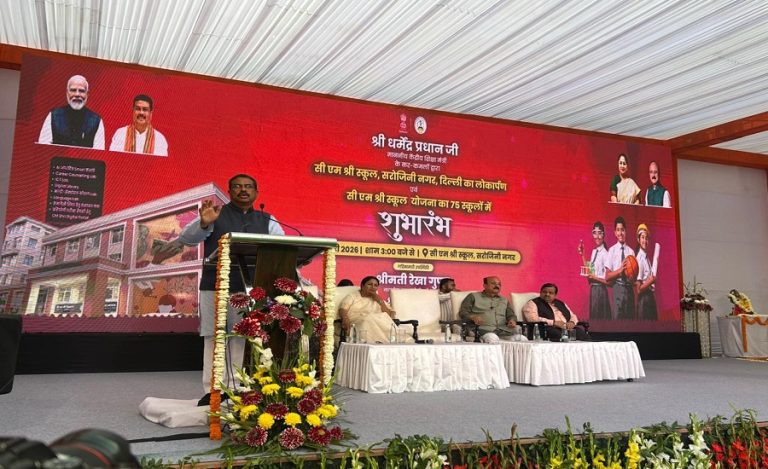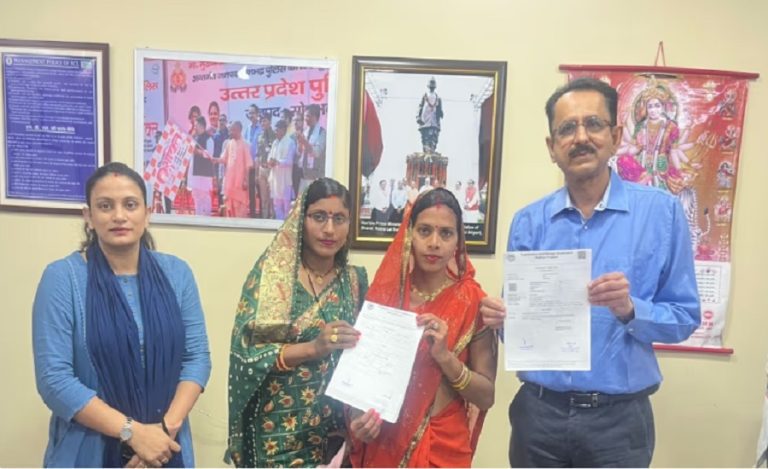In a crucial decision, the Prime Minister Narendra Modi-led panel has approved the appointment of Gyanesh Kumar, a 1988-batch IAS officer of the Kerala cadre, as the next Chief Election Commissioner (CEC) of India. Kumar’s tenure, starting soon after the retirement of the current CEC Rajiv Kumar on February 18, will extend until January 26, 2029.
Gyanesh Kumar’s distinguished career in public service spans several key roles. Prior to his appointment as CEC, he served as the Additional Secretary in the Ministry of Home Affairs and was Secretary in the Ministry of Parliamentary Affairs. Kumar also held significant positions in the Kerala SC-ST Development Corporation, where he served as Managing Director, and in the Ministry of Defense during the tenure of the UPA government.
Kumar brings a wealth of experience to the role. He retired as Secretary in the Ministry of Cooperation under Union Minister Amit Shah. He played a pivotal role in the establishment of the Shri Ram Janmabhoomi Teertha Kshetra Trust and was instrumental in handling the Jammu and Kashmir desk at the Ministry of Home Affairs (MHA) during the abrogation of Article 370 in 2019.
His appointment comes at a crucial time, as he will oversee the Election Commission through a series of significant electoral events, including 20 state assembly elections, the Presidential and Vice-Presidential elections in 2027, and preparations for the 2029 Lok Sabha elections.
In addition, Vivek Joshi, the current Chief Secretary of Haryana and a 1989-batch IAS officer, has been appointed as the new Election Commissioner, with Sukhbir Singh Sandhu continuing in his current role. Born on May 21, 1966, Mr Joshi, a former Haryana chief secretary, will serve in the poll panel till 2031. He was on central deputation since January 2019.
The decision followed a meeting chaired by Prime Minister Modi, with the participation of Union Home Minister Amit Shah and Leader of Opposition Rahul Gandhi. While the meeting concluded with the approval of Kumar’s appointment, it was met with some controversy. Rahul Gandhi issued a dissent note, arguing that the matter was still pending in the Supreme Court and the meeting should have been postponed until the court’s decision. Congress also expressed concerns over the timing of the appointment, with the party urging the postponement of the meeting in the interest of respecting judicial proceedings.
Despite the dissent, the appointments were confirmed as per the recommendation of the panel, marking a significant shift in the leadership of the Election Commission, which plays a crucial role in overseeing India’s electoral processes. Gyanesh Kumar’s extensive experience in governance and his long-standing association with Amit Shah is expected to shape his leadership in the upcoming elections.
As Chief Election Commissioner, Kumar’s responsibility will encompass overseeing some of India’s most important and complex elections, cementing his position as a key figure in the nation’s democratic processes for the next several years.





























